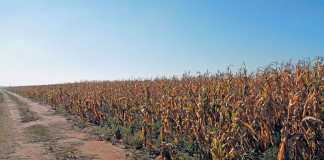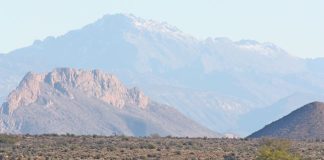If the audit of agricultural land recently carried out by the KwaZulu-Natal Agricultural Union (Kwanalu) is correct, the province has already achieved its target of redistributing 30% of white-owned land, delegates heard at the union’s annual congress in Pietermaritzburg on 13 September.
Kwanalu’s land audit shows that, out of 9,2 million hectares in KZN, 48,59% is black-owned (this includes state land and land held by trusts); 15,61% is white-owned; and the ownership of 35,8% is unknown. According to the audit, the Ingonyama Trust is the biggest land holder in KZN, with 2,7 million hectares spread throughout the province.
Important
It would appear that KZN has reached the 30% target from these initial results, said Kwanalu CEO Sandy la Marque. KZN is the first province to conduct a land audit of this scale, which is also an important achievement, she said. Further investigation in phase two of the audit will seek to determine who owns the ‘unknown’ 35,8% of land, said La Marque. Outstanding land claims and land being held by the state and not transferred to beneficiaries also distort the picture, she said.
Confirm
Kwanalu president Brian Aitken said government hasn’t done “too badly” when it comes to redistributing productive, white-owned land to black South Africans. At the speed of current acquisitions by the state through the Proactive Land Acquisition Strategy and private transactions, as well as completion of existing land redistribution and restitution projects, it’s likely SA will reach, if not exceed, the 30% target by 2014, he said.
But this would be easier to confirm were the departments of rural development and agriculture not dragging their collective heels when it comes to implementing a full-scale audit of land ownership, said Aitken. The land audit commissioned by government was supposed to have been completed by June this year, he said. Now the completion date is said to be “by December”.
If done correctly, such a land audit “will tell us how much land is in the hands of both the government and private sectors, as well as how much has been transferred,” said Aitken. “We need confirmation of the sunset of the 30% land transfers. Without which, uncertainty will persist.”
Kwanalu’s land audit is based on information on 53 000 agricultural properties submitted by 52 farmers’ associations.“The input data will remain a critical component residing in the hands of farmers’ associations and members alike,” said La Marque.












